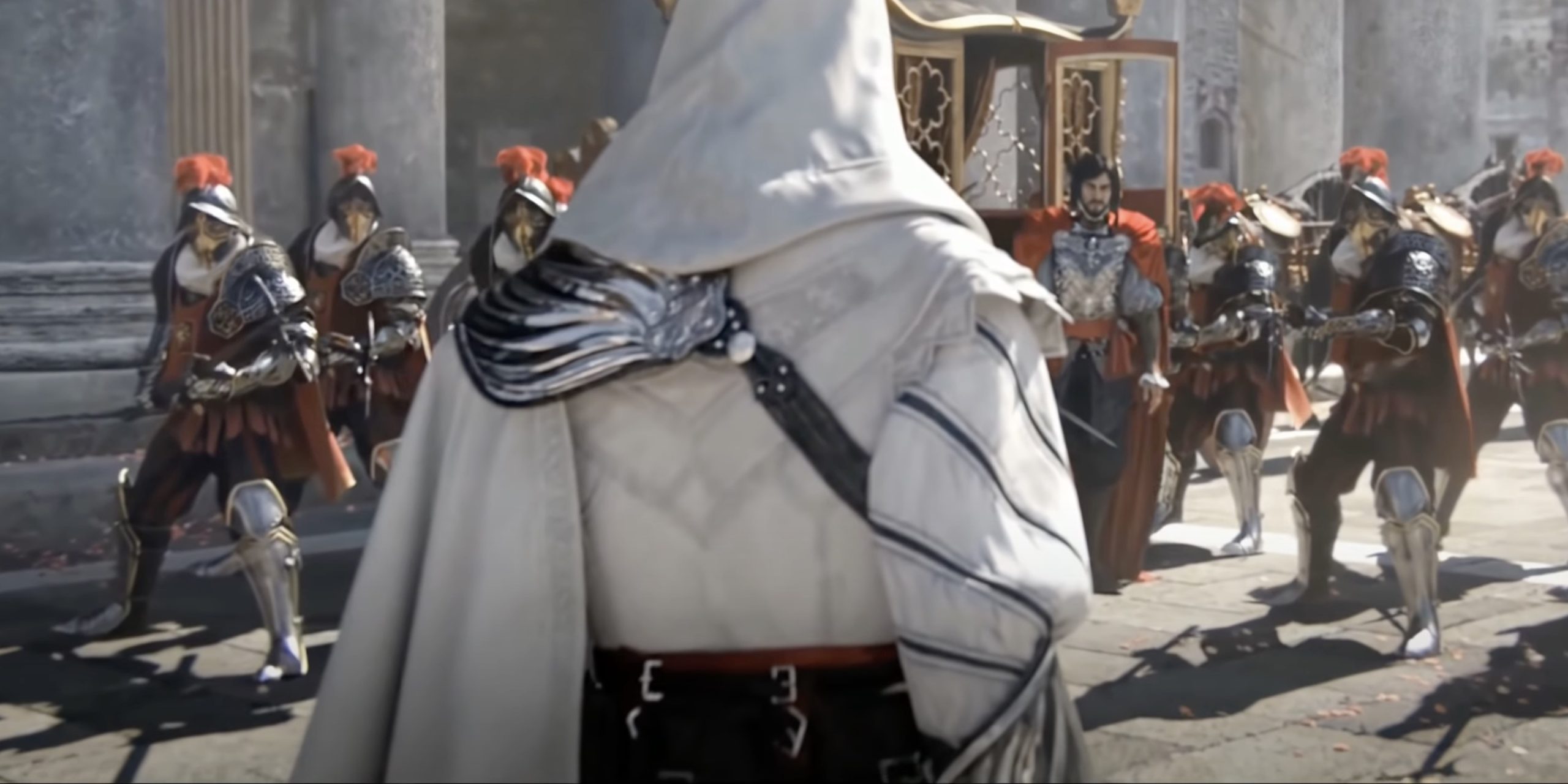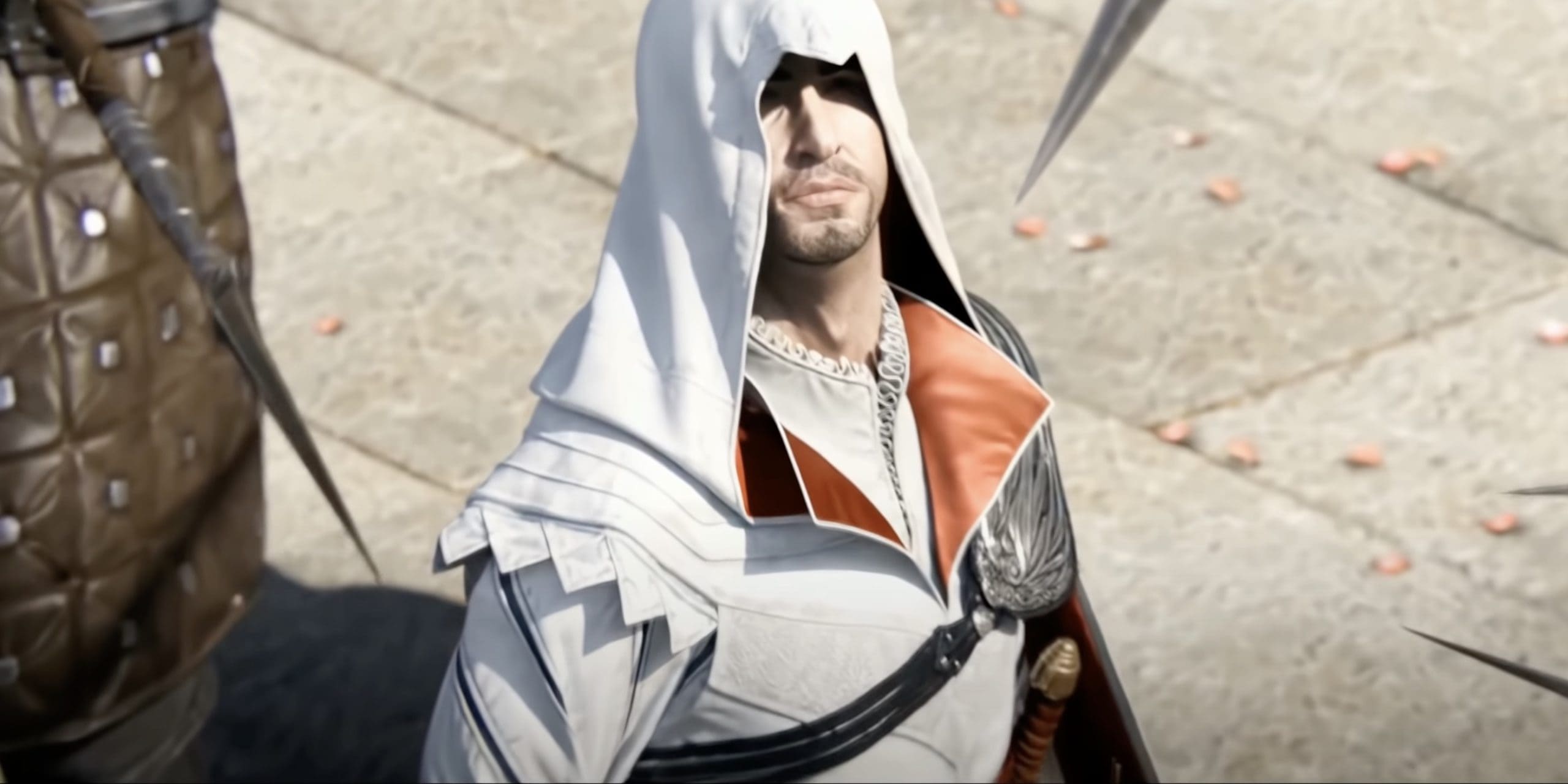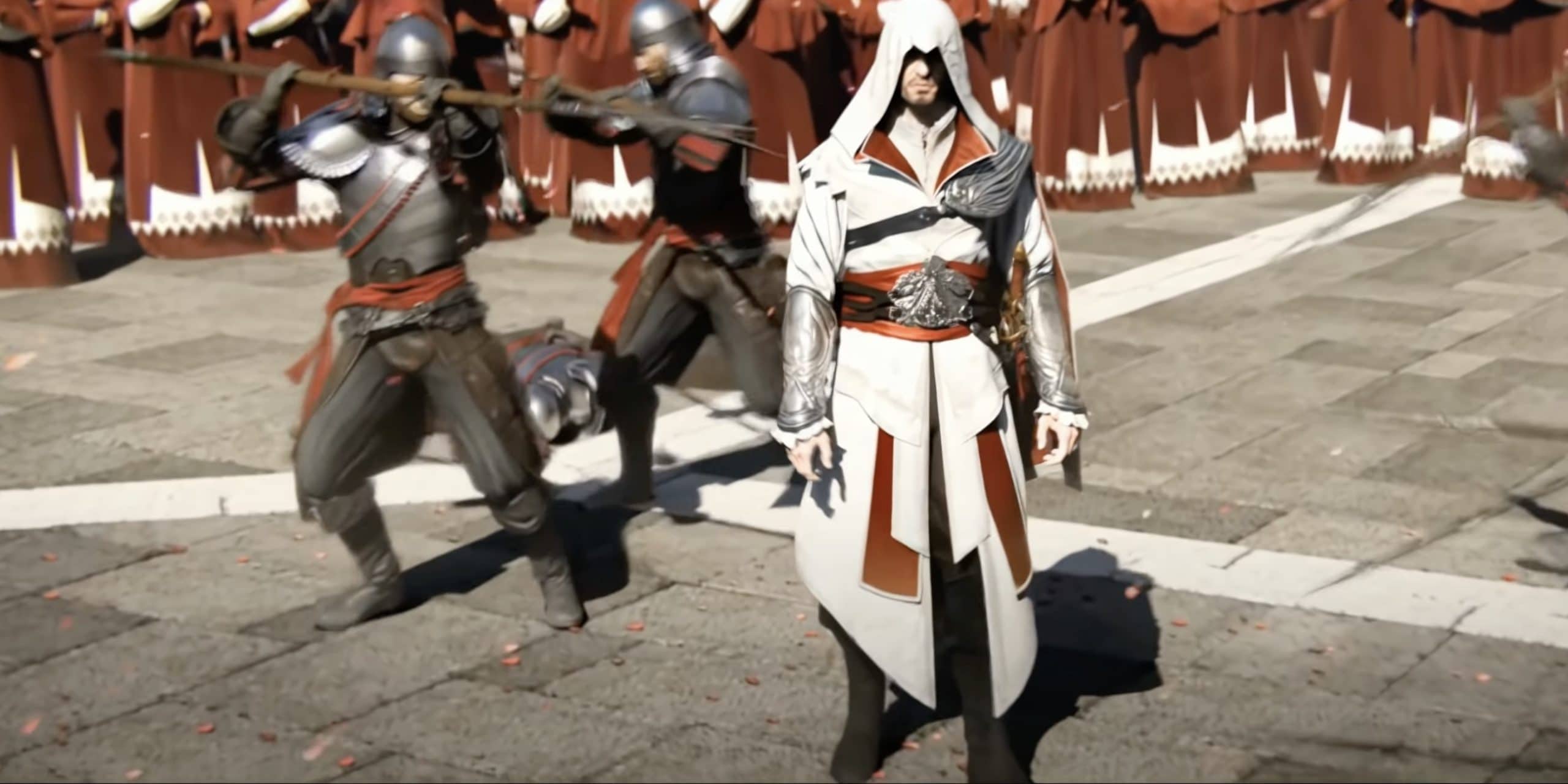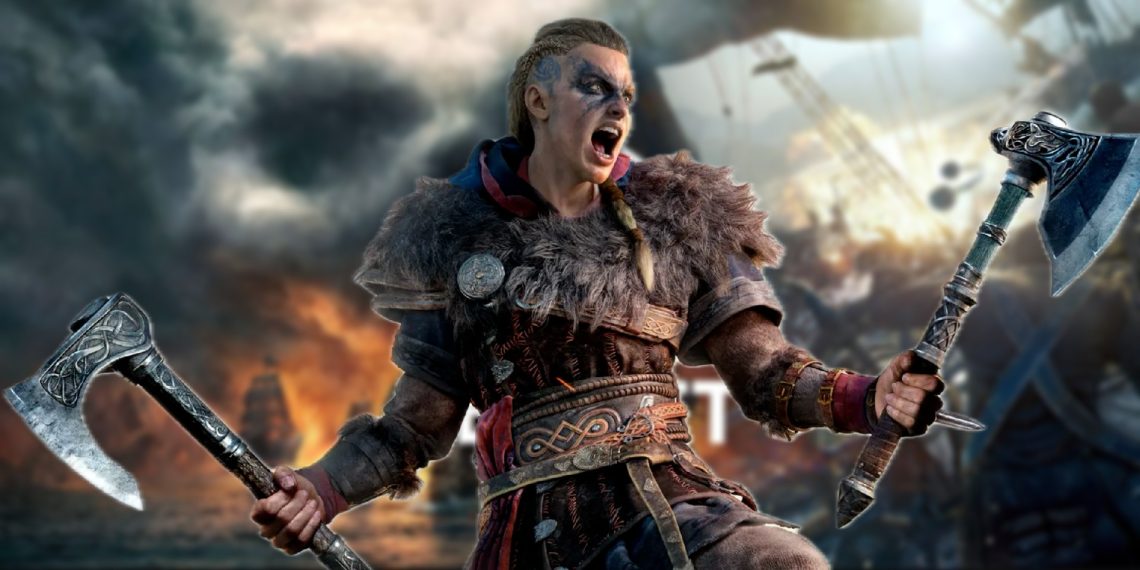The video game industry has been gradually transitioning to digital formats, like music and TV before it. However, some gaming communities have concerns about preserving older games and losing ownership of purchases.
Unfortunately, major game publishers like Ubisoft don’t seem to share these concerns. In a recent interview, Ubisoft’s subscriptions director Phillipe Tremblay said gamers need to accept not actually owning their games.
Tremblay compared this to how people got used to not owning physical CD and DVD collections anymore. He said a similar change in attitude “needs to happen” with gamers as well.
His comments show Ubisoft is fully embracing digital gaming without much consideration for preservation or consumer ownership. Gamers who value those things may find this transition concerning.
Ubisoft Executive Advocates Digital Gaming Shift
Tremblay specifically said: “Gamers are used to, like with DVDs, owning and having their games physically. That consumer mindset needs to shift.”

He explained that not owning a game digitally doesn’t mean losing your progress. Gamers keep their time invested and what they’ve built, just without a physical disc for their shelf. Tremblay said he understands gamers’ perspective on ownership but believes services like Ubisoft Plus allow accessing games “when you feel like it.”
Digital sales were 90% of total revenue in the UK last year, while physical game sales dropped again.

Tremblay’s view isn’t surprising given his subscription role, but he leaves out some ownership concerns. Games regularly leave subscription services, like GTA5 leaving Xbox Game Pass recently. Relying solely on subscriptions means potentially losing access to titles regularly.
So while Tremblay emphasizes the benefits of digital access, he glosses over drawbacks like impermanent libraries and lack of control that trouble many gamers.
Digital Vulnerability
Additionally, games removed from online stores for various reasons would essentially cease to exist in an all-digital future. Two major examples are the original Alan Wake and Ubisoft’s own game The Crew, both pulled due to licensing problems.

Alan Wake luckily returned to digital stores with its remastered version. But The Crew can no longer be purchased and will disappear entirely on March 31, 2024.
So while Tremblay touts the benefits of digital access, he ignores concerns like games being permanently lost when removed from online stores. High profile cases like The Crew show that relying entirely on digital purchases means gamers lose control over preserving favorites that may one day vanish.

Despite concerns over preservation and ownership, publishers seem intent on shifting players towards subscription services going forward. Streaming giants like Netflix and Disney have shown how lucrative subscriptions can be, with 89% of UK video revenue now from subscriptions last year.
Game publishers want in on these profits. But it’s unclear if gaming can transition as smoothly from purchases to subscriptions.

So while the subscription push appears inevitable given its revenues, worries remain around permanent access to favorite games.
Gamers stand to lose control over libraries they’ve invested in as publishers prioritize recurring subscription money over individual purchases and ownership. Time will tell if these concerns are addressed or ignored entirely.
How Piracy Is Affecting The Whole “Not Owning Games” Concept
Video game piracy undeniably causes substantial monetary harm to the gaming industry. Constructing a video game necessitates immense investments of time and money, often spanning several years before completion.

Game developers depend on sales revenue to justify these expenditures and maintain profitability. When individuals illegitimately access games without paying, they essentially deprive developers of their well-earned income.
According to industry research, unlawful game duplication drains the sector of approximately $29 billion annually. This impactful figure demonstrates piracy’s potential to severely hamper developers’ capacity to devote resources toward crafting new installments.
Furthermore, the financial uncertainty introduced by lost sales may compel developers to shy away from innovative concepts in favor of safer, more marketable options.

In essence, video game piracy’s pervasive financial blowback perpetuates a cycle that stifles creativity and dynamic game production.
The gaming landscape could shift markedly if piracy’s illicit savings came by ethical means. Developers might expand workforces, budgets could swell to support experimental projects, and the industry’s outlook might brighten despite piracy’s brooding shadow.
However, the reality remains that video game piracy keeps developers chasing compensation that has already escaped their grasp.





